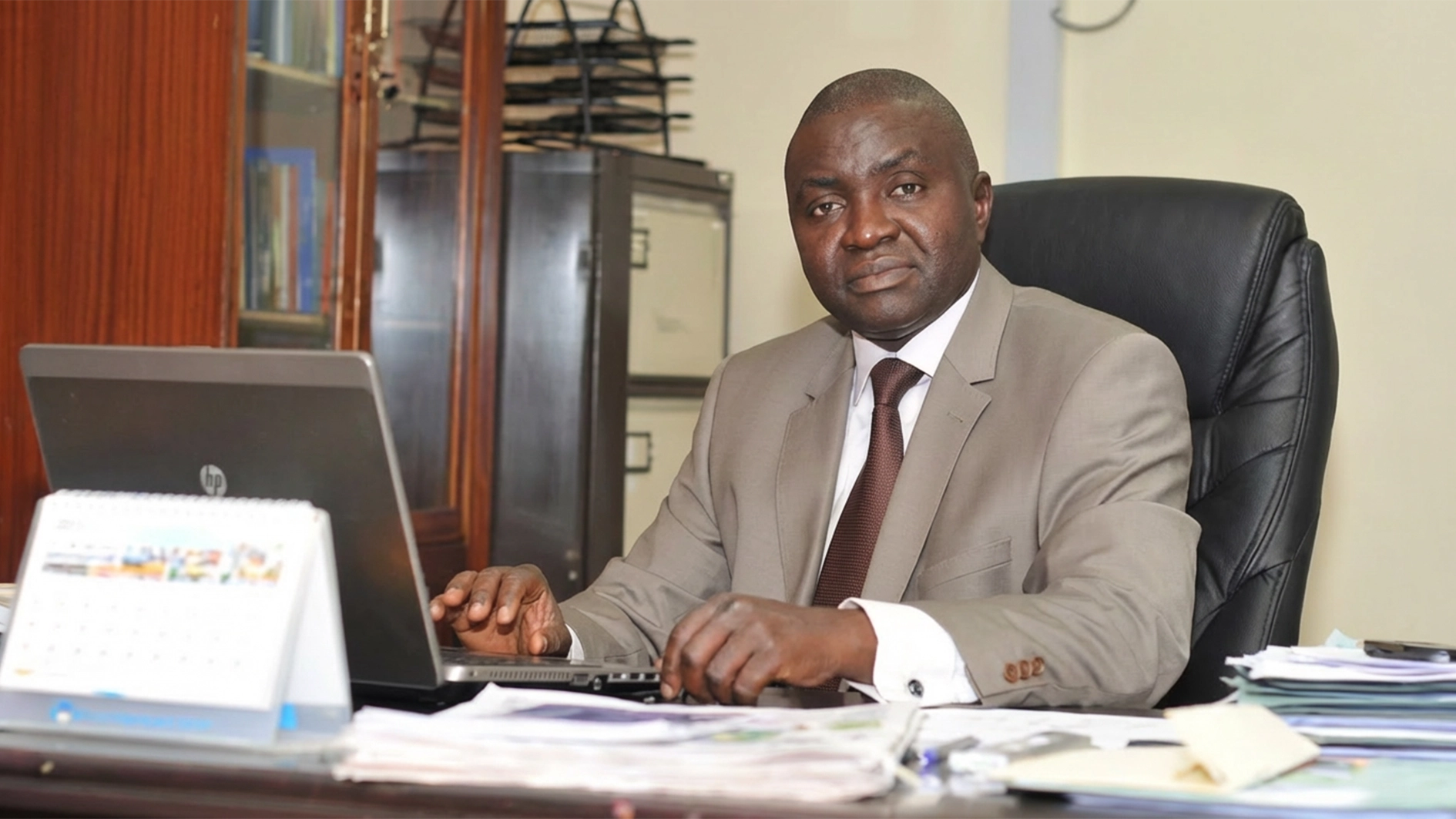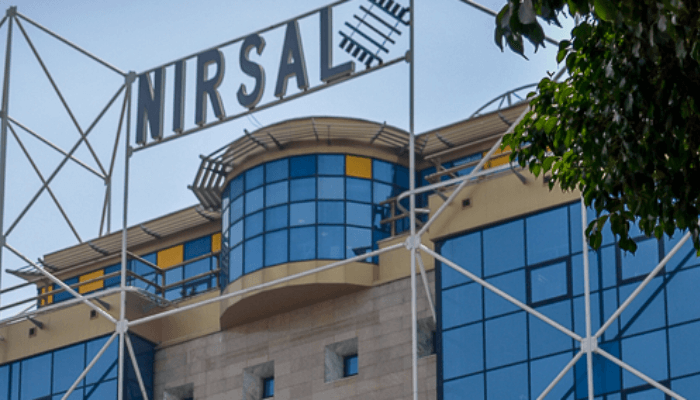With the loss of about N2 trillion and potential of leading to exit of investment, the Proposed Capital Gains Tax (CGT) increase from 10 to 30 per cent on share sales above N150 million, is a recipe for economic disaster, Chairman, Senate Committee on Capital Market and Institutions, Osita Izunaso, said.
Speaking in Abuja at a Forum, themed ‘Nigeria’s New Financial Landscape: Reforms, Risks and the Road to Wealth Creation,’ organised by Moneyline with Nancy, the flagship financial education programme on AIT anchored by Nancy Illoh Nnaji, the lawmaker revealed that the policy had triggered panic disposals by major investors, causing the market to lose over N2 trillion in capitalisation within a week.
In his presentation titled ‘Redefining the Rules: The Investment and Securities Act 2025 and the Future of Nigeria’s Capital Market’, Izunaso said while taxation is vital for revenue generation, fiscal measures must not inadvertently discourage long-term investment or undermine market confidence.
He hinted that the lawmaking chamber is planning a meeting with the Minister of Finance, Wale Edun with a view to discussing a new alternative including a possible shift in the take-off date.
He urged the Ministry of Finance to explore more balanced fiscal strategies to maintain investor trust and preserve market stability.
On the expected impacts of the Investment and Security Act (ISA) 2025, Izunaso said the new law marks a new era for investor protection and market integrity.
He explained that the ISA 2025 strengthens the powers of the Securities and Exchange Commission (SEC) to monitor systemic risks, enforce compliance, and ensure transparency in Nigeria’s capital market.
He added: “The ISA 2025 is not just a legal instrument. It is a roadmap for building a capital market that is inclusive, resilient, and globally competitive.”
The act, he added, introduces tougher disclosure rules, higher corporate governance standards and improved redress mechanisms for investors.
Delivering a keynote address at the event, the governor of Akwa Ibom state, Umo Eno, commended the Federal Government’s reform drive and outlined measures to strengthen confidence in Nigeria’s investment climate.
Gov. Umo Eno, who was represented by the Commissioner of Information, Aniekan Umanah, praised the Tinubu administration for introducing far-reaching economic reforms including the new Tax Laws, and the deregulation of the electricity market.
He described the reforms as “a decisive shift in our national economic trajectory”, adding that states must now leverage these policies to build productive, investor-friendly economies.
“Subnational governments must take ownership of wealth creation. Our goal is to create an economy where business is easy, government is transparent, and growth is inclusive,” he said.
The governor highlighted Akwa Ibom’s progress under the ARISE Agenda, a development blueprint focused on agricultural revolution, rural development, infrastructure advancement, security management and economic and industrial growth.
According to him, the state has taken bold steps toward power sector independence, building a foundation for local generation, transmission, and distribution.
To attract investors, Akwa Ibom offers tax holidays, duty-free import of machinery, streamlined land administration through AkwaGIS, and business support from the Akwa Ibom Investment Corporation (AKICORP).
Eno also emphasised tourism and agriculture as growth pillars, noting that the State remains Nigeria’s cleanest and safest destination. Through the Ibom Leadership and Entrepreneurial Development Agency (Ibom-LED), over 10,000 youths and women have been trained and empowered for enterprise creation.
As Nigeria pursues its trillion-dollar ambition, both Izunaso and Eno agreed that policy reform, investor protection, and subnational productivity must work collaboratively to achieve desirable results.






